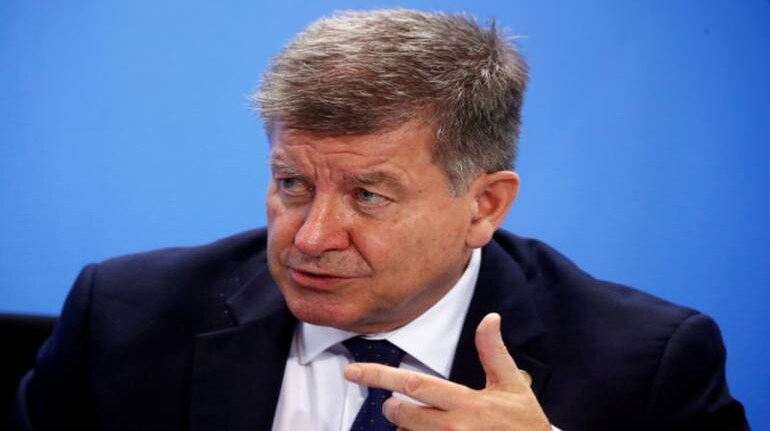
The outlook for the global labour market in the second half of 2020 is "highly uncertain" and the forecast recovery will not be enough for employment to return to pre-pandemic levels this year, the International Labour Organization said on Tuesday.
In its latest report, the UN labour agency said that the fall in global working hours was "significantly worse than previously estimated" in the first half of the year, with the Americas the hardest-hit region.
An estimated 14 percent of working hours were lost in the second quarter, equivalent to 400 million full-time jobs, due to the pandemic, the ILO said.
For the fourth quarter, the ILO estimated that 4.9 percent of working hours or 140 million jobs would be lost. Under a pessimistic scenario in a so-called second wave of the pandemic, this figure could rise to 11.9 percent or 340 million jobs, it said.
"The estimates have revised upwards considerably the damage done to our labour markets by the pandemic," Guy Ryder, ILO director-general, told a Geneva news conference.
"The figures reflect the worsening conditions especially in developing countries. The region where we see the greatest (loss) of all is in the Americas," he said.
Some 93 percent of workers worldwide continue to live in countries with some sort of workplace closures, the report said.
The pandemic has had a "disproportionate and damaging effect" on women workers, who are often employed in hard-hit sectors such as food and accommodation, retail and real estate, he added.
Asked about Brazil and other countries not imposing strict public health measures to halt spread of coronavirus, Ryder said: "Clearly undue delay in acting on the health side of pandemic is going to bring worse social and economic outcomes."
Follow our full coverage of the coronavirus pandemic here.
Discover the latest business news, Sensex, and Nifty updates. Obtain Personal Finance insights, tax queries, and expert opinions on Moneycontrol or download the Moneycontrol App to stay updated!